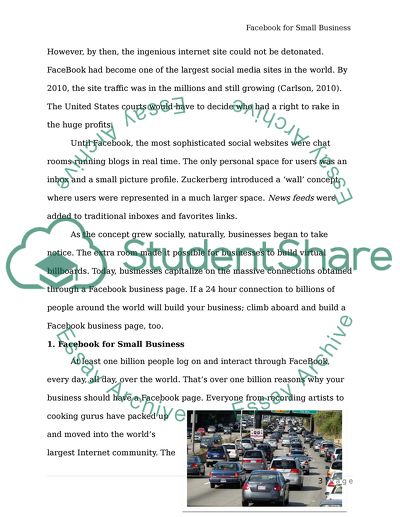Cite this document
(“The Reflective Practitioner Essay Example | Topics and Well Written Essays - 2250 words”, n.d.)
The Reflective Practitioner Essay Example | Topics and Well Written Essays - 2250 words. Retrieved from https://studentshare.org/education/1463342-the-reflective-practitioner
The Reflective Practitioner Essay Example | Topics and Well Written Essays - 2250 words. Retrieved from https://studentshare.org/education/1463342-the-reflective-practitioner
(The Reflective Practitioner Essay Example | Topics and Well Written Essays - 2250 Words)
The Reflective Practitioner Essay Example | Topics and Well Written Essays - 2250 Words. https://studentshare.org/education/1463342-the-reflective-practitioner.
The Reflective Practitioner Essay Example | Topics and Well Written Essays - 2250 Words. https://studentshare.org/education/1463342-the-reflective-practitioner.
“The Reflective Practitioner Essay Example | Topics and Well Written Essays - 2250 Words”, n.d. https://studentshare.org/education/1463342-the-reflective-practitioner.


